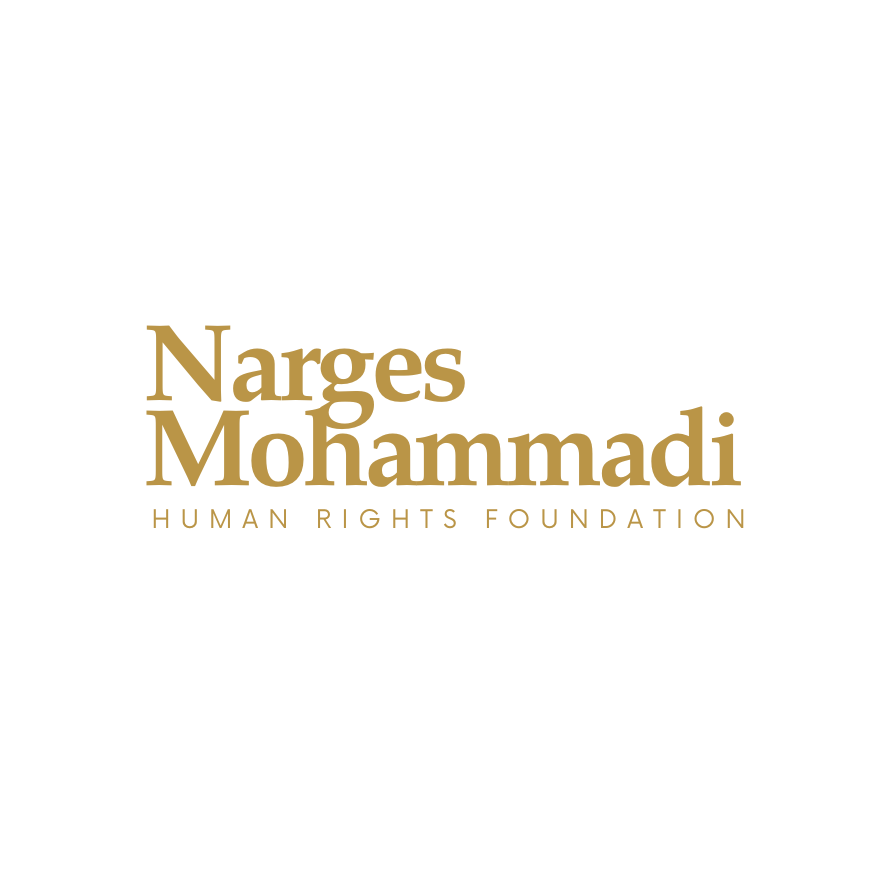Intensifying Repression Against Independent Lawyers in Iran
Ms. Mai Sato
Special Rapporteur on the situation of human rights in the Islamic Republic of Iran
Office of the United Nations High Commissioner for Human Rights
I write to draw your urgent attention to the escalating unlawful and repressive measures being imposed against independent lawyers in Iran.
In recent months, authorities have intensified restrictions on the legal profession through measures such as: enforcement of the Note to Article 48 of the Islamic Republic’s Code of Criminal Procedure, which limits defendants in so-called “national security” cases to a list of lawyers pre-approved by the Head of the Judiciary; denial of access to legal counsel during preliminary investigations; refusal of judges to admit lawyers in certain court branches; failure to notify lawyers of their clients’ verdicts; and pressure exerted through phone calls and summons by security agencies. These actions are part of a systematic policy by judicial and security bodies aimed at suppressing independent legal defense.
At present, several lawyers remain in prison serving lengthy sentences, awaiting the implementation of verdicts, or facing new security-related charges. In addition, we have recently witnessed the revocation of the law license and permanent disbarment of Mr. Mohammad Najafi, an Iranian lawyer, human rights defender, and political prisoner. Mr. Najafi has long pursued cases of human rights violations in Iran, most notably the case of Vahid Heydari, a protester who died under suspicious circumstances while in custody in Arak following the December 2017–January 2018 protests. For his human rights advocacy, Mr. Najafi has repeatedly been arrested by security forces and sentenced to lengthy prison terms. The First Chamber of the Supreme Disciplinary Court for Judges has now sentenced him to permanent disbarment from the practice of law, a measure formally conveyed to him in Evin Prison.
I express my deep concern about the intensifying repression against independent lawyers. I respectfully urge you to consider the situation of imprisoned and harassed lawyers—their detention conditions, the revocation of their licenses, and the broader restrictions placed upon them—and to take steps to hold the Islamic Republic of Iran accountable. It is vital to press for the release of imprisoned lawyers and to safeguard the independence, dignity, and integrity of the legal profession.
The persecution of lawyers is not only a violation of their rights but also a direct assault on the right to defense of every citizen, defendant, and prisoner in Iran.
Yours sincerely,
Narges Mohammadi
28th Aug 2025
گزارشگر محترم حقوق بشر
سرکار خانم مای ساتو
برخوردهای غیرقانونی و سرکوبگرانه علیه وکلای دادگستری شدت گرفته است.
اعمالِ تضیقاتِ حقوقی – امنیتی علیه وکلا از جمله اعمالِ تبصره ماده ۴۸، عدم پذیرش وکیل در مراحل تحقیقات مقدماتی، ممانعت از حق وکالت در برخی شعبات به دستور قضاتِ شعب، عدم ابلاغ رأی موکل به وکیل، تماسهای تلفنی نهادهای امنیتی با وکلا و در برخی موارد احضار آنها به دفاتر امنیتی و … بخشی از سیاستگذاریهای سرکوبگرانه نهادهای قضایی – امنیتی علیه وکلای مستقل است.
در حالی که تعدادی از وکلا همچنان با احکام سنگین در زندانها به سر میبرند یا در انتظار اجرای احکام صادره بوده و یا در معرض پروندهسازیهای امنیتی هستند، شاهدِ ابطالِ پروانهی وکالت و محرومیت دائمی از وکالت محمد نجفی هستیم که اخیراً در زندان اوین به ایشان ابلاغ شدهاست.
شعبه اول دادگاه عالی قضات آقای نجفی را به محرومیت دائم از اشتغال به حرفهی وکالت محکوم کرده است.
ضمن اعلام نگرانی از شدت گرفتنِ سرکوبِ وکلای مستقل، از حضرتعالی تقاضا دارم وضعیتِ وکلای مستقل، حبس، بازداشت، نحوه نگهداری، ابطال پروانه و سایر تضیقاتِ آنها را مدنظر قرار داده و جمهوری اسلامی را برای آزادی زندانیان و حفظ استقلال و شأن و کرامت وکلا، تحت فشار قرار دهید.
سرکوب و تحت فشار گذاشتن وکلا، نه فقط سرکوب آنها، بلکه سرکوبِ «حق دفاع» برای تک تک شهروندان، متهمان و زندانیان است.
نرگس محمدی
ششم شهریور ۱۴۰۴
